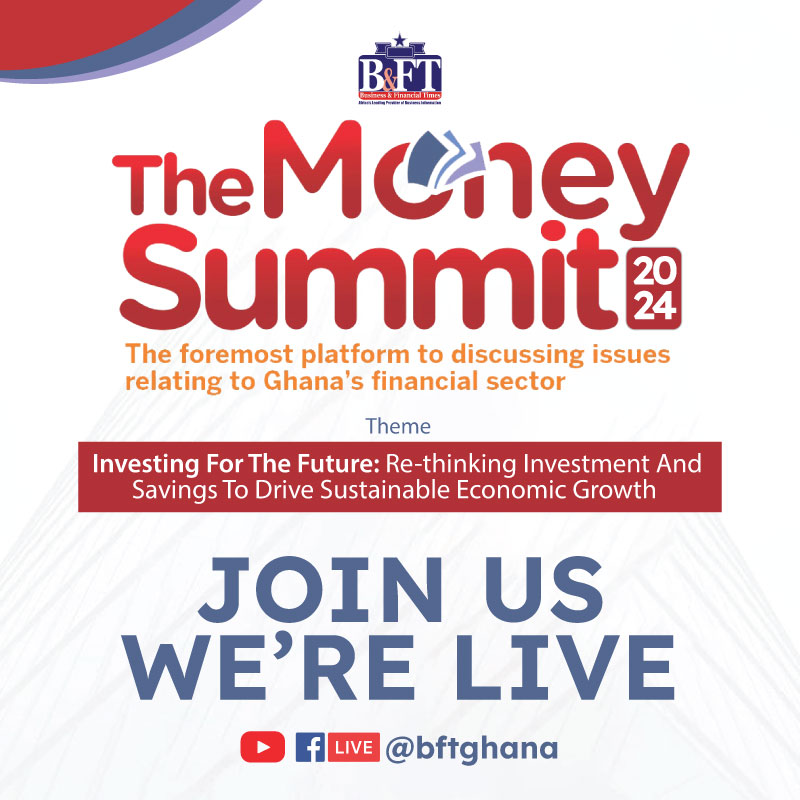… Vodafone Ghana CEO urges youth and professionals to avoid lay-offs
Chief Executive of Vodafone Ghana, Patricia Obo-Nai, has rallied the youth to give upgrading their skill-sets serious thought, so as to become indispensable to their organisations lest they end up redundant.
Vodafone Ghana’s CEO made the call during this year’s International Youth Empowerment Summit (IYES) Virtual Conference, hosted by Pastor Brian Amoateng. According to her, she started out her career as an electrical engineer but purposed to advance, and so acquired new skill-sets by studying law and venturing into marketing and business strategic management.
Ms. Obo-Nai explained she readied herself for a leadership role and became head of the Customer Operations Team – running a commercial function that runs the company’s fixed business. She, however, warned that acquired skills can become obsolete, as the world moves at a fast pace. She stressed that professionals and the youth must continually update their skills.
“Automation is happening across the world, spanning various fields including Legal, Human Resource (HR) and Finance,” she said – noting that at Vodafone Ghana, Machine Learning is already happening with an algorithm filtering applicants seeking employment; paving the way for a video selection and recruitment.
She further pointed out that those who go through Curriculum Vitae (CV) without other skill sets will be without a job. Still, at Vodafone Ghana, she submitted, “at the back office, there are robots helping the team respond to customers”.
Given that 45 percent of tasks will be automated according to a recent report, the Vodafone Ghana CEO noted taxi drivers wishing to be on the Uber platform must learn to use the app, which is an obstacle for old drivers who are not aptly skilled to use the app. With technology changing literally every two years, “When companies think of redundancy, don’t think your name will not come up – unless you are indispensable to the company,” Ms. Obo-Nai stated.
To better prepare herself for advanced roles, Patricia Obo-Nai said she “had to acquire new skills, be conversant with stakeholder engagements, work with lateral colleagues and people above my head”.
In being interviewed for the CEO position, she wasn’t asked about technology or marketing but how she would execute her role – given it was her first time -she revealed.
As a new employee who’s started earning a salary or been on the job for some time, there’s a need to keep upgrading according to Ms. Obo-Nai. She stated that whether ready or not, other people are inventing – which gives them a competitive advantage.
“There’s need to build collaborative relationships, especially as more workers operate from home because of the COVID-19 pandemic. Our teams at Vodafone Ghana are working in squads without managers, but have to liaise and create apps and products. Then there’s the need as a worker to influence, to succeed; and if lacking, there’s a need to build it,” she added.
In being prepared for the ever-advancing work dynamics and automation, Ms. Patricia Obo-Nai touched on five elements.
The Use of Data
Data is being guarded. Telcos gather data as do the courts. Machines are doing the gathering, but the greater task is to comprehend and then ascertain what use to put the data to so as to enhance ease of life. With organisations having massive amounts of data, those who use data effectively will clearly outperform the rest. What organisations need is people who can extract insights from data and know-how to turn this into valuable knowledge. Without this skill at work, data becomes completely meaningless.
Tech-savviness
Even legal teams have automated programmes to stimulate variables. Smartphones are powerful tools and should not be used to just watch movies and chat. A determined youth or worker can use smartphones for subscribing to journals and acquiring knowledge; as well as read on 3D printing, Artificial Intelligence (AI) and others. Alexa, Siri and GPS in vehicles all show that, in homes and at workplaces, the new reality is here. There’s a real need to understand the major technology trends to stay on top of the corporate game.
Adaptability and Flexibility
It’s rare for an engineer to lead a commercially-driven organisation like Vodafone Ghana, but it is no longer about the role but the skill-sets. Organisations are in need of people who are able to adapt to new job roles, adopt new technology and happy to learn new skills. You cannot survive the ‘new normal’ without this skill.
Creativity and Innovation
With new problems such as the COVID-19 requiring the wearing of masks and sanitising hands, creatives saw opportunities to leverage – providing masks and sanitisers, and thus making money. Creativity is a natural strength that needs to be nurtured. It is not the preserve of creative arts people. Businesses which survive the Corona season well are the creative ones. Creativity is a skill that will be increasingly important for jobs, and the more it is built, success can be expected in the future job market.
Building Collaborative Relationships
The ‘New normal’ brings extraordinary challenges in completing work while working remotely or engaging others to deliver new products and services in a restrictive environment. You must have what it takes to build collaborations within and outside the organisation. You need to be so influential and have a network that helps achieve shared objectives, goals and purposes. Do a self-assessment and begin to deliberately develop it as a vital skill.











